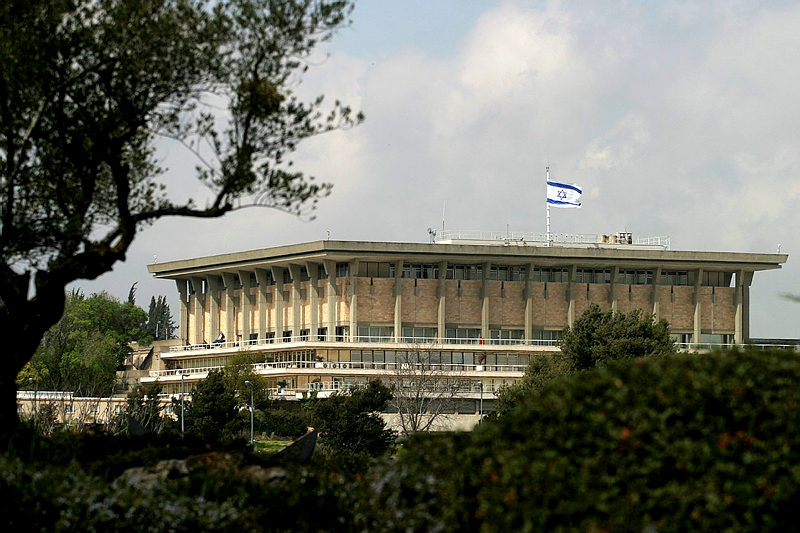What About Democracy?
In an op-ed published in Haaretz, IDI Vice President Mordechai Kremnitzer and researcher Attorney Amir Fuchs point out that despite the assault on democratic values in the outgoing Knesset, "democracy" does not seem to be on the agenda in the current election campaign. They stress the need for public debate on democratic values alongside the debates on security and economic issues.

The election campaign is currently at its peak, and each side of the political map is shifting the discussion toward its agenda. The right, headed by Benjamin Netanyahu, is pulling in the direction of a security agenda; the left, led by Shelly Yacimovich and former leaders of the social protest, is pulling in the direction of a socio-economic agenda.
One important issue, however, has been almost completely overlooked in this election campaign: democracy. The attack on democracy was one of the hallmarks of the outgoing Knesset. Dozens of bills that essentially undermined democratic values were tabled in the Knesset. Only a minority of these bills made it all the way through the legislative process and passed into law; these include the "Admissions Committee Law," the "Boycott Law," and the "Nakba Law." But even those that did not sully public discourse and granted legitimacy to murky practices, such as the persecution of political opponents (as evidenced by the attempt to dry up the funding of human rights organizations or to subject them to McCarthyistic investigations by a parliamentary commission of inquiry), attempts to harm Israel's Arab minority (as seen from the series of "loyalty-citizenship" bills), and, of course, the pursuit of the Supreme Court and the undermining of its authority to review Knesset legislation.
Democratic values in Israel are under attack from other directions as well. We are witnessing increasing religious extremism, which is manifest in the growth and institutionalization of the exclusion of women; an increase in racial slurs against Arabs made by rabbis and other religious leaders; a rise in ethnically-based violence among young people; attacks on democracy in the Education Ministry, as evidenced by the political intervention in the Civics curriculum and the threats to close an academic department in a university on political grounds; the alleged silencing of reporters on Israel radio and other media outlets, and attempts to suppress freedom of demonstration and protest, as seen from the actions of the Israeli police when the social protest reawakened this past summer.
It is a shame that the large parties and the center parties (which are increasing in number every day) are not voicing their opinion on these issues loudly and clearly. Throughout their term, the coalition members who proposed the aforementioned bills and laws repeatedly asserted that they were simply taking steps to realize "the will of the people." In principle, however, in a democracy worthy of its name, the majority is not allowed to trample individual rights or minority rights. And in this specific case, it is doubtful if there is indeed a majority in the Israeli public that favors such practices. Either way, it is impossible to claim that there is such a majority if during the period leading up to the elections there is no public debate on these issues in which each party presents its position. As demonstrated during the previous term of the Knesset, general statements about equality, democracy, human rights, and the rule of law, which are contained in the platforms of most Israeli parties, are not sufficient.
In any democracy, elections are the framework in which the definition of ideology is expressed most directly. Democracy—and not just economics and security—deserves a "marketplace of ideas" of its own. There must be appropriate and transparent public debate on these issues before the people have their say at the polls.
Prof. Mordechai Kremnitzer is Vice President of the Israel Democracy Institute. Attorney Amir Fuchs is a researcher at the Institute.
A version of this article was published in Hebrew in Haaretz on November 8, 2012.
